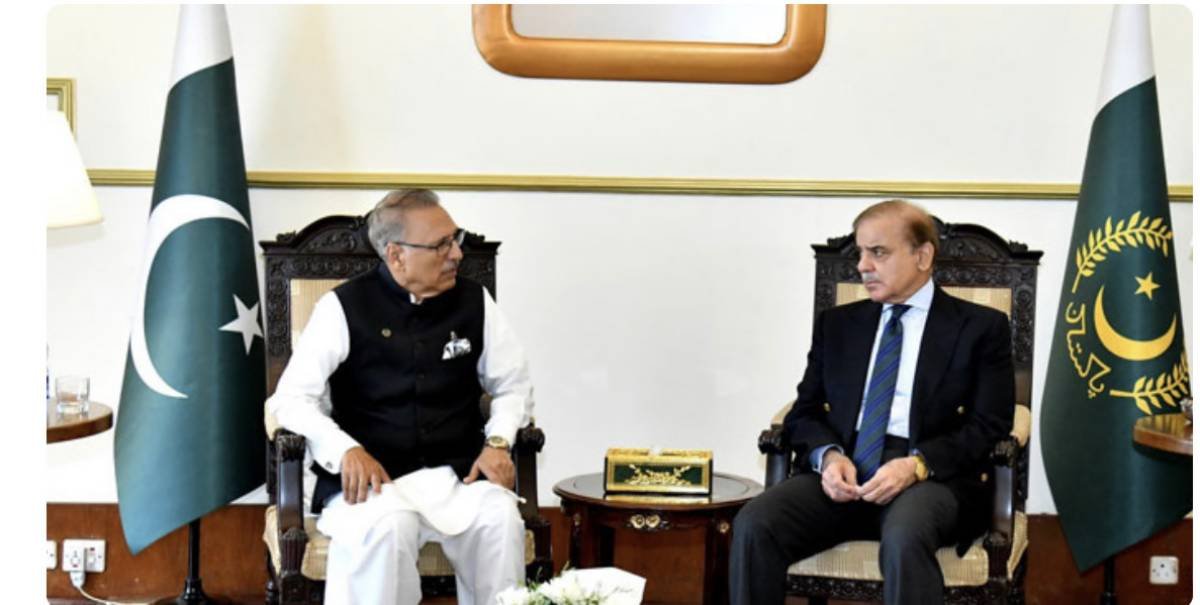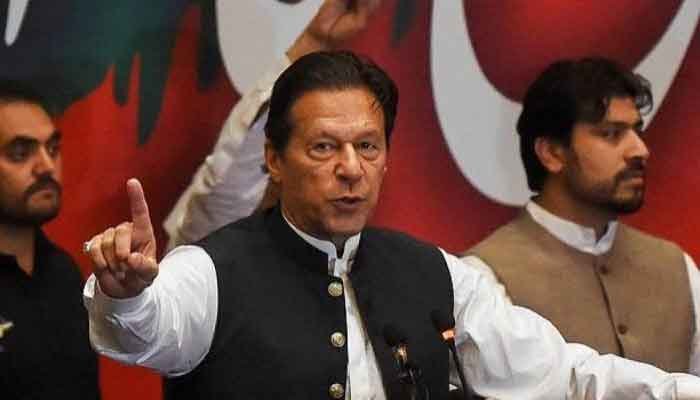It is anticipated that Prime Minister Shehbaz Sharif will forward his recommendation for the dissolution of the National Assembly to President Dr. Alvi on Tuesday, with the dissolution potentially occurring on Wednesday. This pivotal move will pave the way for the establishment of a caretaker government. Notably, Dr. Hafeez Shaikh’s name has been consistently discussed as a potential contender for the interim premier position, due to his financial expertise and favor with the establishment.
While discussions are ongoing between the prime minister and opposition leadership to finalize the interim premier, Dr. Hafeez Shaikh remains a frontrunner. If consensus isn’t reached on this matter, it will be referred to a parliamentary committee. Should the committee not reach a decision, the Election Commission of Pakistan will assume the responsibility.
Interior Minister Rana Sanaullah recently revealed that the names of Dr. Hafeez Shaikh and a retired judge have been shortlisted for the interim prime minister role. This decision holds significance as economic stability remains a priority, prompting the government to pass legislation reinforcing the caretaker government’s decision-making authority. This is aimed at ensuring a smooth continuation of the strides made to revive the economy.
In conjunction with securing the IMF deal, both civilian and military leadership are committed to maintaining project implementation and decision-making efficiency, particularly under the Special Investment Facilitation Council (SIFC), during the caretaker tenure. These responsibilities, previously limited to day-to-day governance, have gained expanded authority due to recent amendments to the Election Act 2017.
Following the Council of Common Interests’ approval of the 2023 census, the tenure of the caretaker government is likely to extend until at least March 2024. The dissolution of the National Assembly, facilitated by the prime minister’s recommendation, grants the Election Commission of Pakistan a 90-day window to conduct general elections.
Given the approval and release of the census data in 2023, the ECP is projected to require approximately four months for constituency delimitation, aligning constituencies with the latest population figures. These procedural steps underscore the meticulous approach necessary to uphold the democratic process and ensure accurate representation within the National Assembly.



